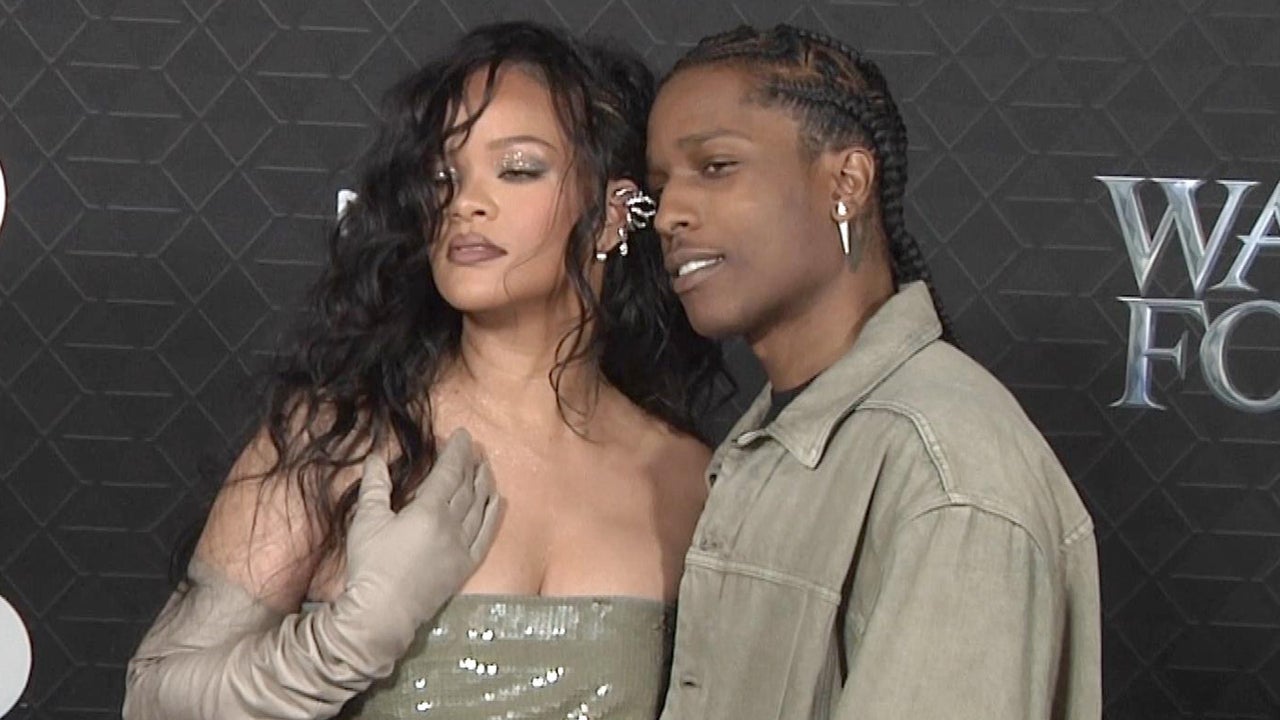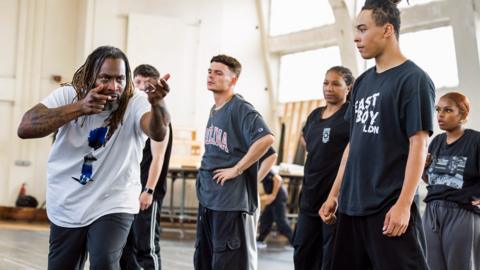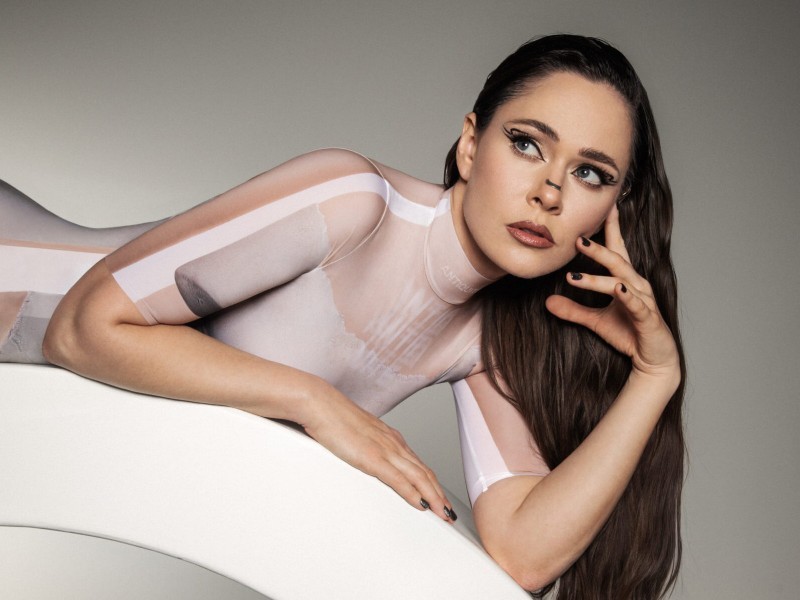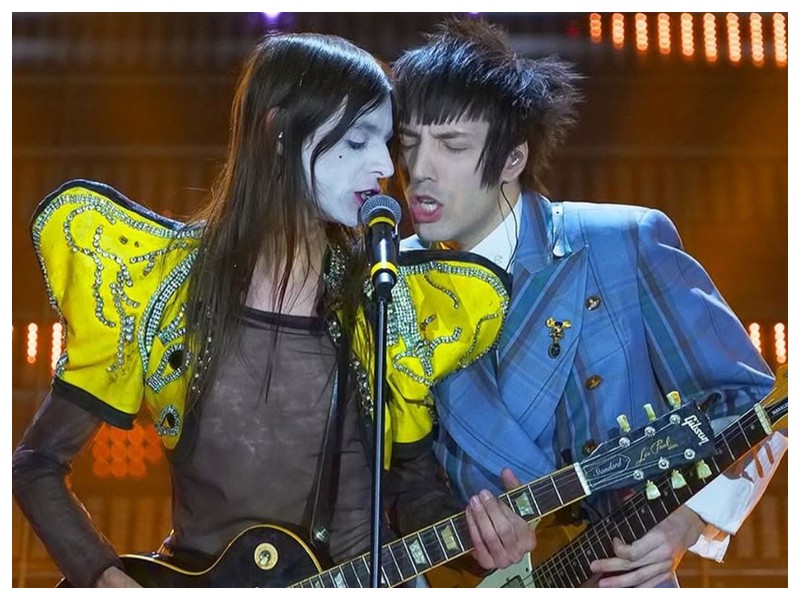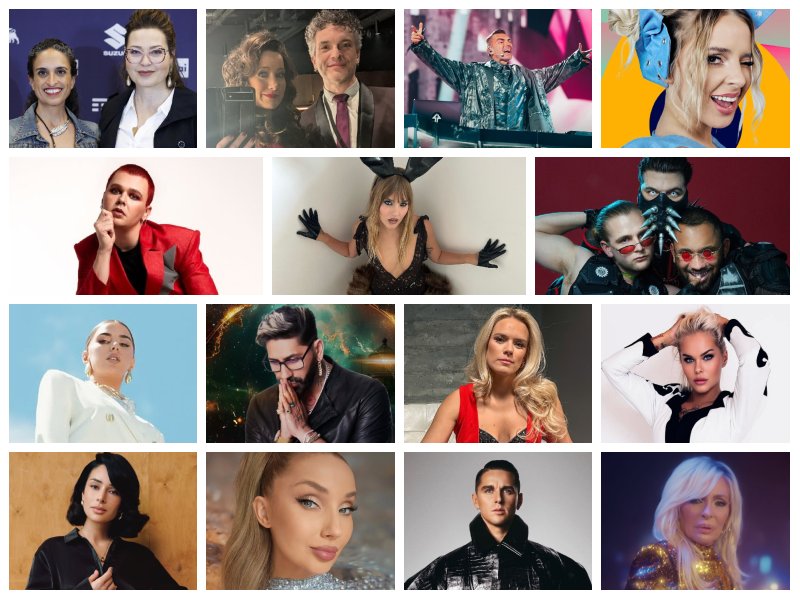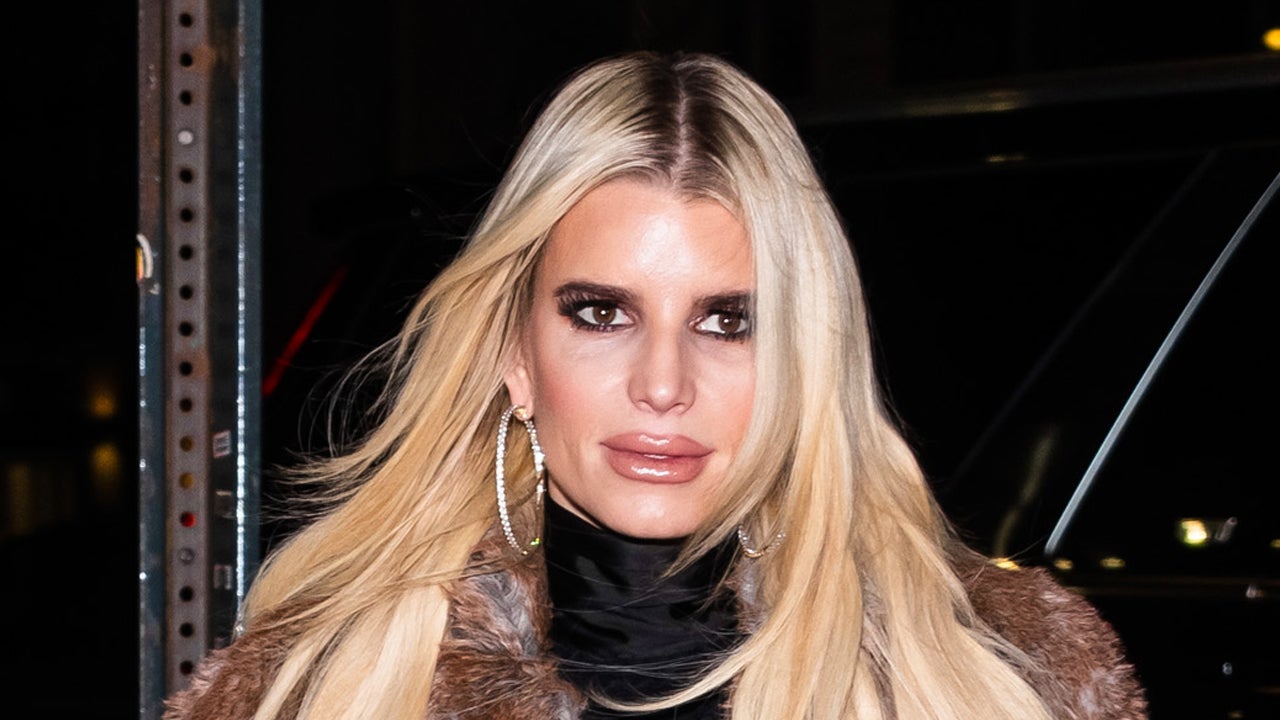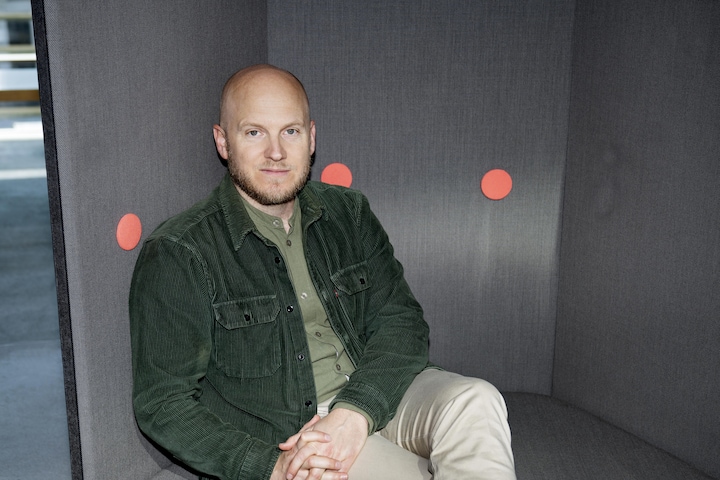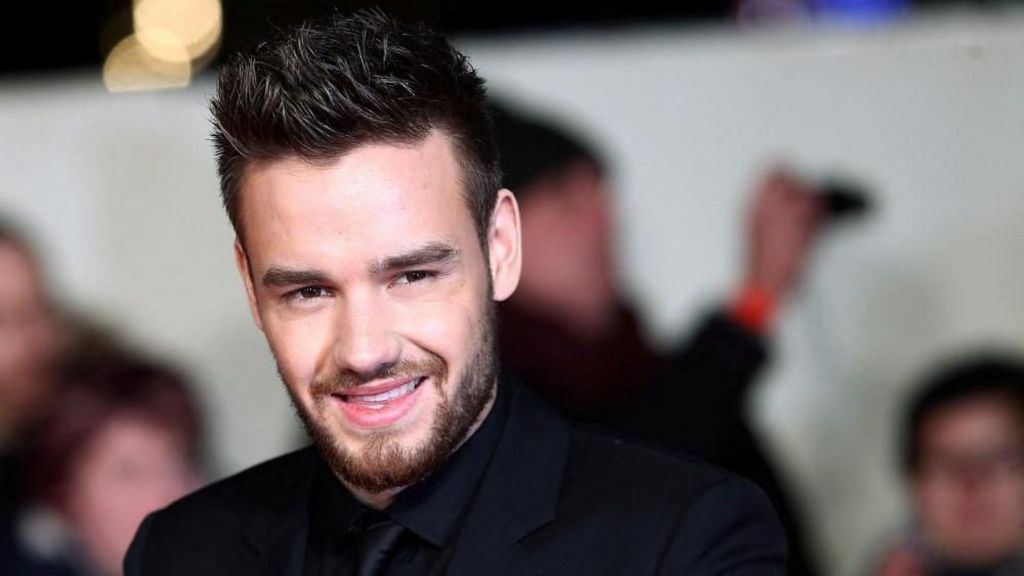The Eurovision 2026 season officially kicked off on 1 September, but this year has been less about announcing artists or upcoming national finals and more about broadcasters announcing whether or not they intend to participate in Vienna next May amidst Israel’s presence at the event.
One of these broadcasters is Denmark’s DR, who initially stated they would follow the EBU’s decision on the matter. Now, the senior editor of DR Culture, Debate and Music — Gustav Lützhøft — has elaborated DR’s view in an interview with the broadcaster’s independent news desk.
“We are participating in Eurovision”
“We have chosen to say clearly and distinctly that we are participating in Eurovision.”
There is a catch, though.
If Denmark is to participate at Eurovision 2026 in the Austrian capital Vienna next year, it depends on three conditions, emphasises the senior editor:
- Broad European community around the competition
- Security must be in place
- Eurovision must be, as far as possible, an apolitical event free from political interference
“If these three conditions are met, DR will participate as usual.”
Lützhøft was asked whether DR would reconsider its participation if several countries withdraw and the strong international community is uncertain. He responded:
“We are in the competition with the condition that there is broad support from other European countries. And it is clear that if at some point we find ourselves in a situation where this is no longer the case, it will also have an impact on DR’s participation.
“If something changes significantly within one of the three things, it is clear that we will have to reconsider our participation, but for now it is important to state that we intend to stay in Eurovision.”
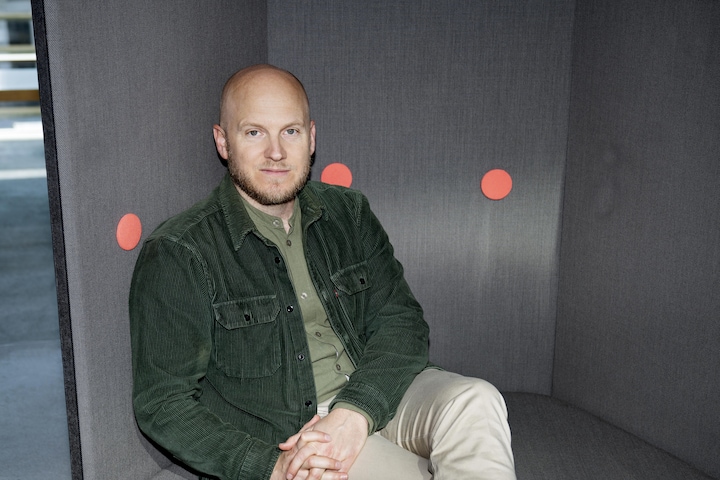
DR is concerned with “supporting democracy”
How does DR respond to critics who believe that remaining in the competition can be interpreted as tacit acceptance of Israel’s actions in Gaza? Lützhøft elaborated:
“DR’s participation in Eurovision is not a support for any single country. It is a support for a cross-cultural community across Europe, which has existed for many, many years.
“What DR is concerned with is supporting democracy and cohesion in society, and we think Eurovision is a really, really good place to do that among all the other initiatives and measures we have. So that’s why we’re participating.”
The senior editor also believes that “the broad communities” as such are under pressure.
That’s why a song contest like Eurovision is important right now, he says:
“There are many things that divide us, and we want to make it clear that we want that unity. That is why we are saying loud and clear that we are in the competition.”
Does he think Eurovision as it is now is apolitical?
“There have always been political disputes around Eurovision. Just as there have been political disputes around all sorts of other cultural events, the World Cup in sports and so on.
“It’s so tense at the moment that it’s something we’ll have to keep an eye on. When will it stop being a cultural event, and when will it become a purely political event? And if it does (the latter), I can’t see myself in it.”


